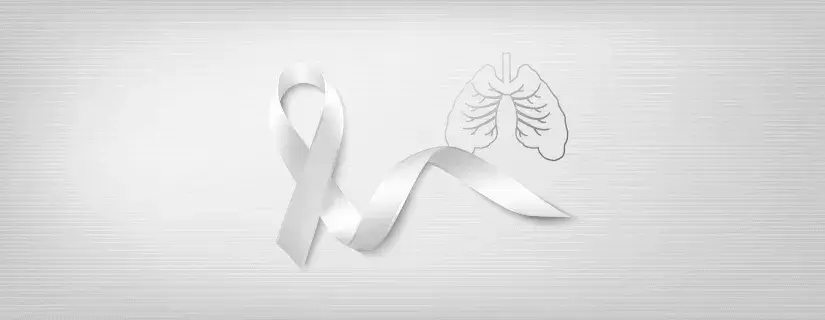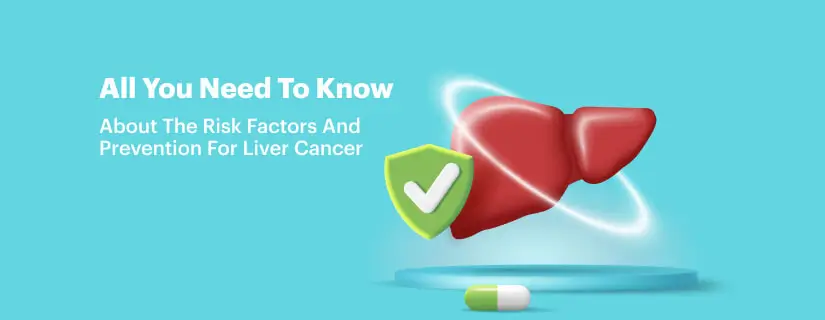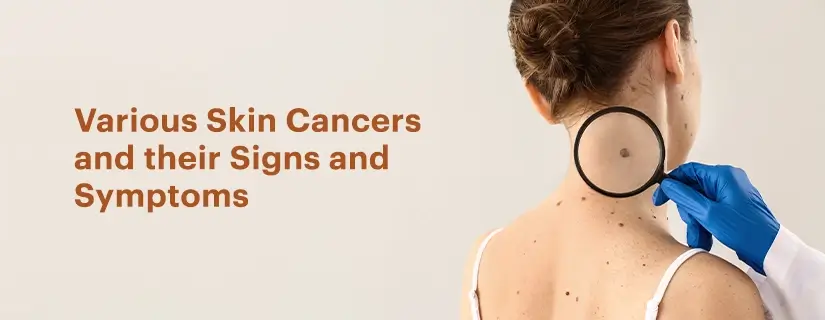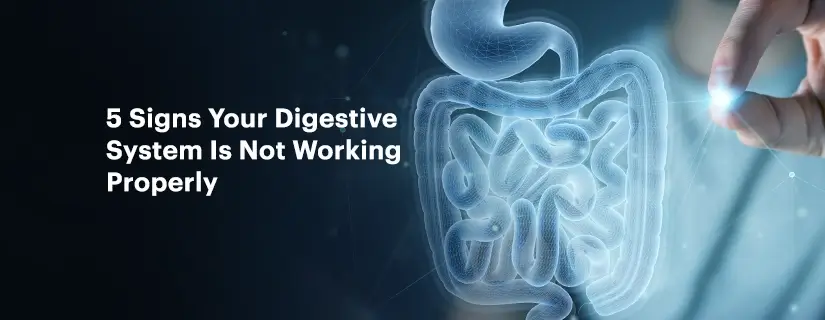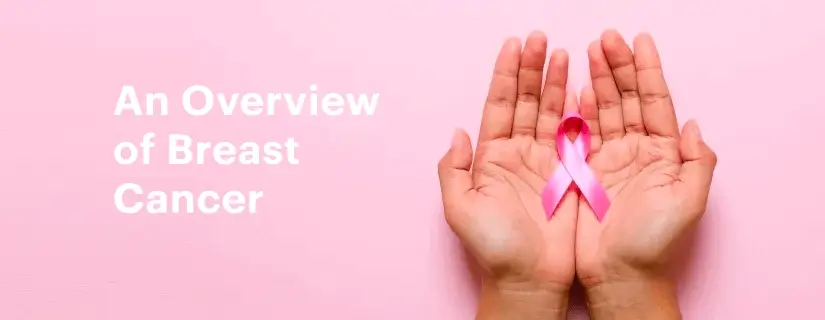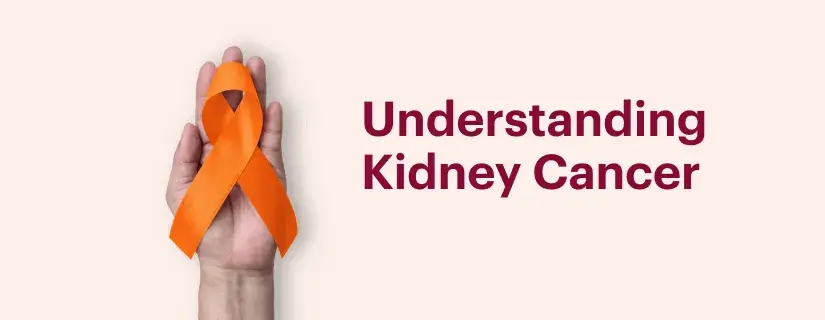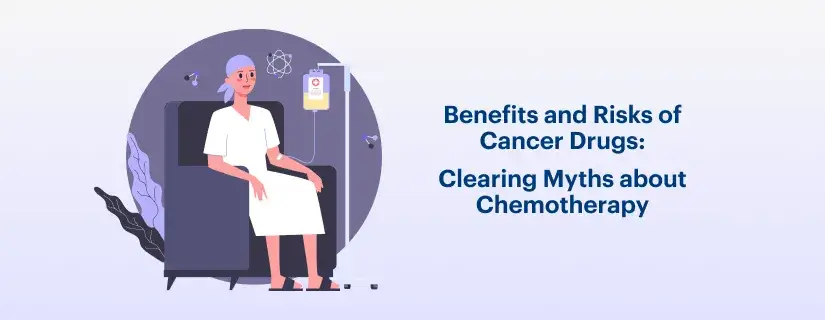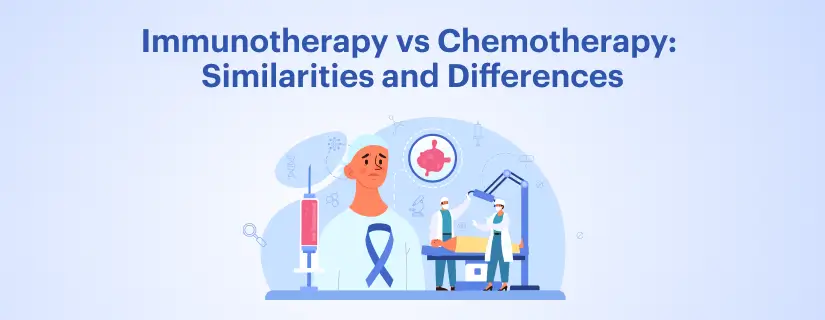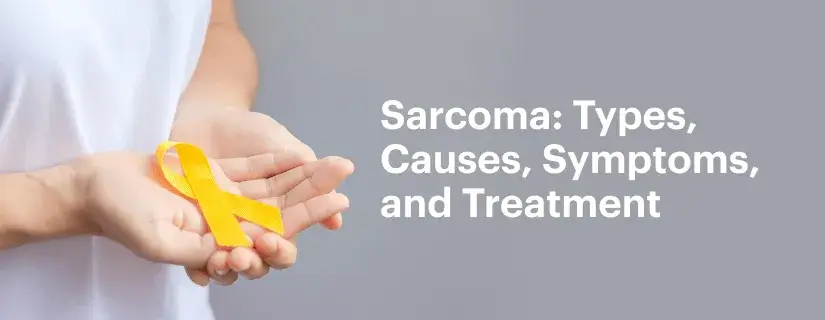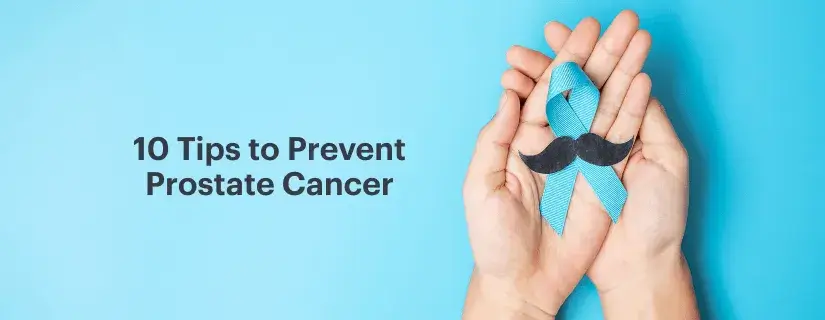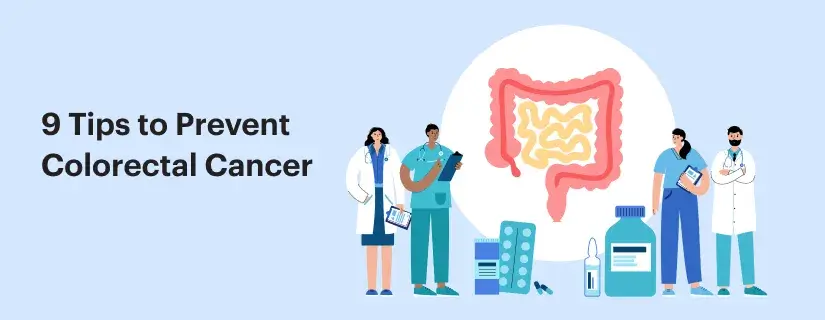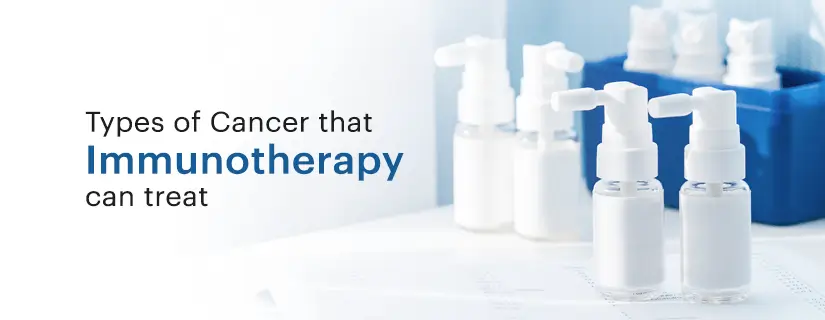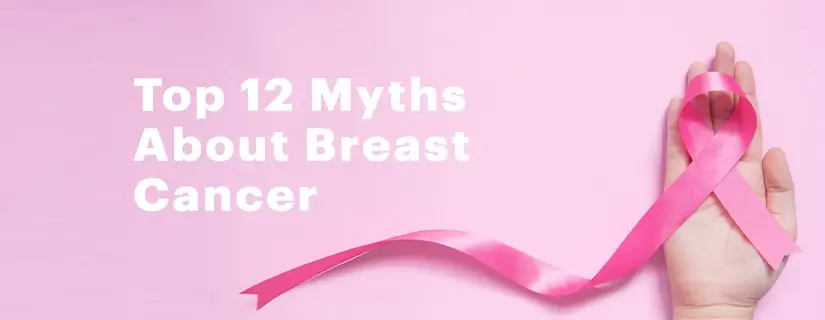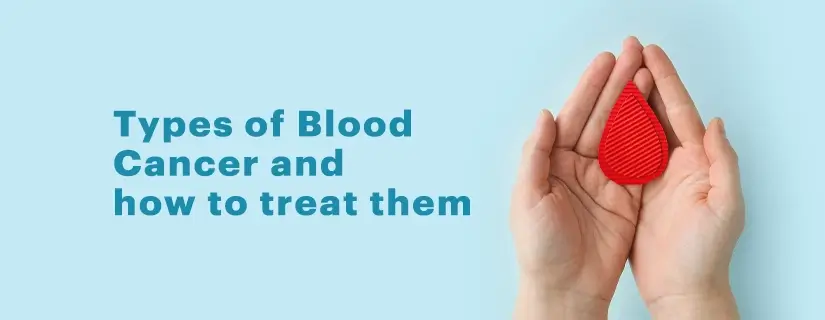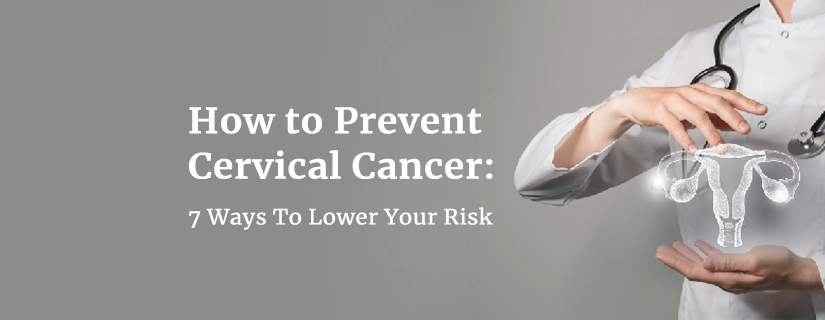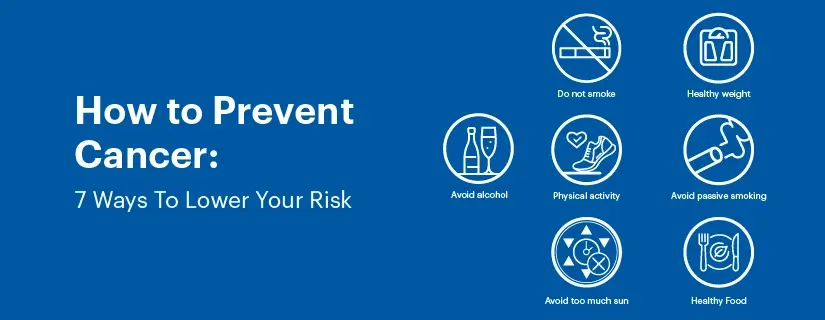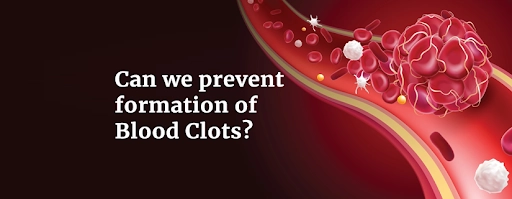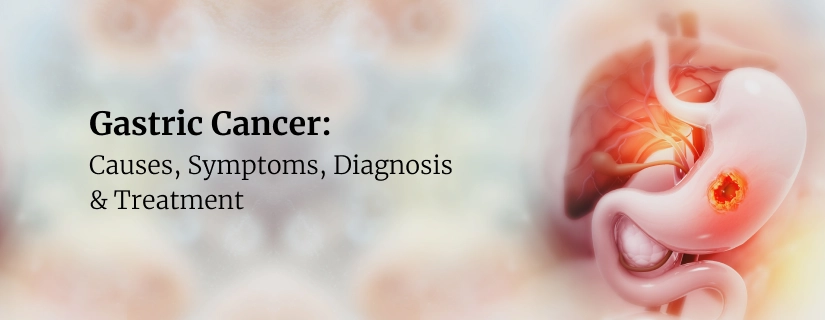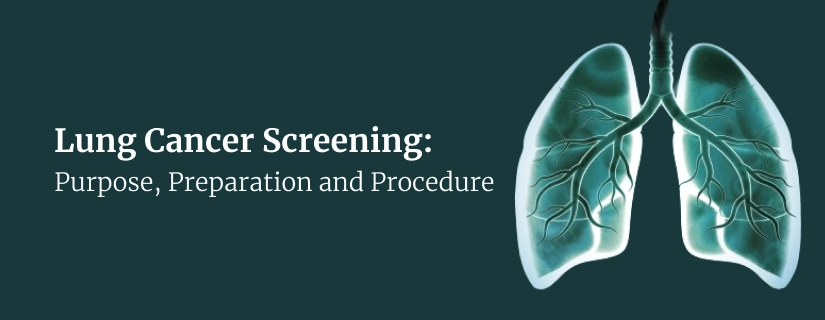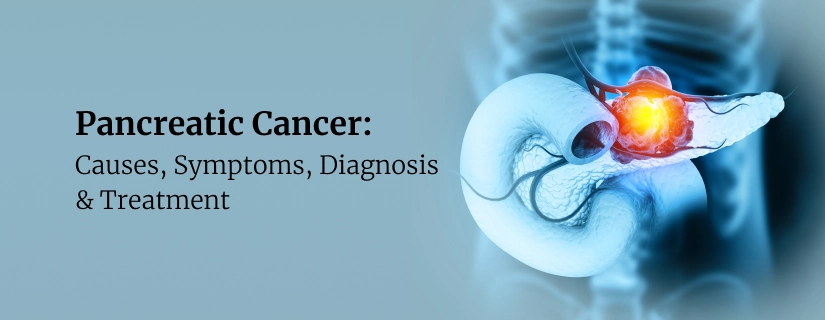-
Doctors
-
Specialities & Treatments
Centre of Excellence
Specialties
Treatments and Procedures
Hospitals & Directions HyderabadCARE Hospitals, Banjara Hills CARE Outpatient Centre, Banjara Hills CARE Hospitals, HITEC City CARE Hospitals, Nampally Gurunanak CARE Hospitals, Musheerabad CARE Hospitals Outpatient Centre, HITEC City CARE Hospitals, Malakpet
HyderabadCARE Hospitals, Banjara Hills CARE Outpatient Centre, Banjara Hills CARE Hospitals, HITEC City CARE Hospitals, Nampally Gurunanak CARE Hospitals, Musheerabad CARE Hospitals Outpatient Centre, HITEC City CARE Hospitals, Malakpet Raipur
Raipur
 Bhubaneswar
Bhubaneswar Visakhapatnam
Visakhapatnam
 Nagpur
Nagpur
 Indore
Indore
 Chh. Sambhajinagar
Chh. SambhajinagarClinics & Medical Centers
Book an AppointmentContact Us
Online Lab Reports
Book an Appointment
Consult Super-Specialist Doctors at CARE Hospitals
All You Need to Know About Commando Surgery
Updated on 21 October 2022
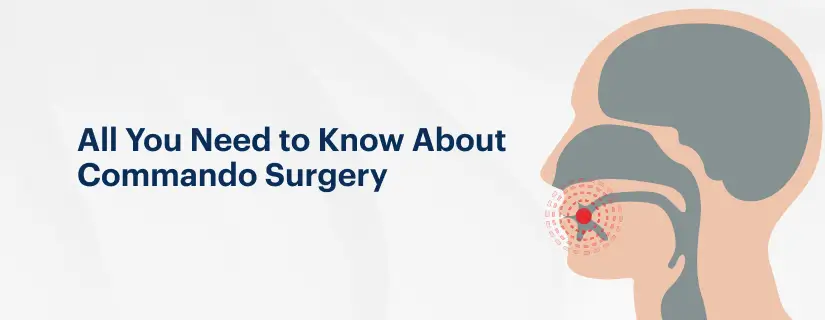
COMMANDO (expanded as Combined Mandibulectomy and Neck Dissection Operation) is a surgical procedure done to remove the primary tumour surrounding the cervical lymph nodes. Generally, the procedure involves the treatment of the mandibular floor. The doctor at the best cancer hospitals in Raipur will examine and operate on the lymphatic system of the neck, sternocleidomastoid muscle, and internal jugular vein. The whole procedure is complex and should only be carried out by an experienced surgeon.
Commando surgery also requires a facial reconstruction afterwards to reshape the facial structure that was degenerated during surgery. The surgical reconstruction is done after removing cancer from the head and neck. It is one of the most challenging surgeries, and only a team of experienced doctors should manage preoperative and postoperative care. Early detection of oral cancer will help doctors take the necessary steps beforehand.
Let's go through the needs, preparation, procedure, and postoperative care of commando surgery.
Why Is Commando Surgery Required?
- The cancers affecting the oropharyngeal region are removed with the help of commando surgery. The surgeons resort to this procedure to cure mouth cancer, which might be present in or around the tongue, mouth floor, larynx, pharynx, maxilla, mandible, or palate.
- Cancers spreading in the neck and head area follow their route from head to neck to chest. Hence, the surgery involves composite resection to prevent cancer from spreading.
- Also, neck and head cancers tend to move to one side of the body. Therefore, to halt the cancer route, dissection of lymphatic channels is done.
Preparing for The Commando Procedure
Those who undergo the composite resection of the neck and head should be medically prepared for the procedure. Your doctor will conduct certain preliminary tests and diagnoses to ensure your physical health before the surgery.
The following are some preliminary requirements or diagnoses your doctor may ask before the commando surgery procedure,
- Your doctor will ask about your medication routine and medical history.
- One should avoid aspirin, ibuprofen, or any similar type of medication a week before the surgery. It will make the blood thin and may interfere with the blood clotting process. Moreover, you might experience excessive bleeding and delayed healing after the procedure.
- Do not eat or drink anything after midnight on the night before surgery.
Commando Procedure
- The doctor will create an opening through the mandible. The area between the lower lip and jaw bone will be dissected to manage the oral cavity tumours. The malignant tissues or tumours are completely removed at this stage.
- Doctors have to remove the entire tumour while preserving the other organs and systems. As the oropharyngeal region is complex, you cannot compromise on its part. Composite resection is carefully carried out without damaging the other systems. This resection is aggressive and hence ensures proper tumour removal with secondary safety.
- Later, the plastic surgeon will perform a reconstruction surgery. It is done using a skin graft from the leg, forearm, thigh, or abdomen. Generally, a flap is used as the skin graft.
- In the end, the jaw is stitched together, and the surgery is complete.
Postoperative Care for Commando Surgery
- Many patients may face difficulty swallowing after the commando surgery. The oral cavity might swell during the procedure. Hence, the doctors insert a temporary feeding tube. It is inserted either in the nostrils or the mouth into the stomach.
- Doctors will recommend a nutritious diet to ensure active and quick healing.
- You may sometimes require postoperative radiotherapy.
- Your speech might be affected after surgery. However, it will eventually improve over time.
Conclusion
Commando surgery is one of the most challenging and complex cancer treatments. Hence, it should only be carried out by an experienced medical professional. Due to its complexity, you may experience some complications. It is recommended to never miss your scheduled check-ups. If you experience any problems in the operated region, visit your doctor immediately.

ENQUIRY FORM
SELECT CATEGORIES
-
Neurosciences (16)
-
Neurology (37)
-
Neurosurgery (14)
-
Orthopaedics (48)
-
Oncology (33)
-
Obstetrics and gynecology (52)
-
Pulmonology (23)
-
Urology (20)
-
Nephrology (13)
-
Psychiatry (7)
-
Dietetics and Nutrition (111)
-
General Medicine (63)
-
Cardiac Sciences (32)
-
Vascular & Endovascular Surgery and Interventional Radiology (15)
-
Gastroenterology (46)
-
Endocrinology (23)
-
Plastic Surgery (10)
-
Critical Care Medicine (5)
-
COVID-19 (16)
-
Dermatology (16)
-
Emergency Care (1)
-
Ophthalmology (4)
-
Pediatrics (14)
-
Laparoscopic and Bariatric Surgery (8)
-
ENT (15)
-
Kidney Transplant (1)
-
Liver Transplantation and Hepatobiliary Surgery (5)
-
General Surgery (3)
-
Internal Medicine (5)
-
Medicine Information
Pregnancy and Breast cancer: What happens to my baby if I have breast cancer?
Pancreatic Cancer: Types, Symptoms, Causes, and Treatment
YOU MAY ALSO LIKE
RECENT BLOGS
-

Preterm Birth (Premature Birth): Symptoms, Causes, Treatment and Prevention
13 May 2025
Read More
-

Rotablation Angioplasty: Benefits, Treatments, And Recovery Time
9 May 2025
Read More
-

What Is The Difference Between IUI and IVF?
9 May 2025
Read More
-

Venous Malformations: Causes, Symptoms, and Treatment
30 April 2025
Read More
-

Varicose Vein Foam Sclerotherapy: Treatment, Benefits, and Procedure
30 April 2025
Read More
-

Radiofrequency (RF) Ablation Treatment for Varicose Veins: Know More
30 April 2025
Read More
-

Varicose Vein Sclerotherapy: Treatment, Benefits, and Procedure
30 April 2025
Read More
-

Varicose Vein Endovenous Laser Ablation: Procedure, Benefits, Risks
30 April 2025
Read More
Have a Question?
If you cannot find answers to your queries, please fill out the enquiry form or call the number below. We will contact you shortly.




